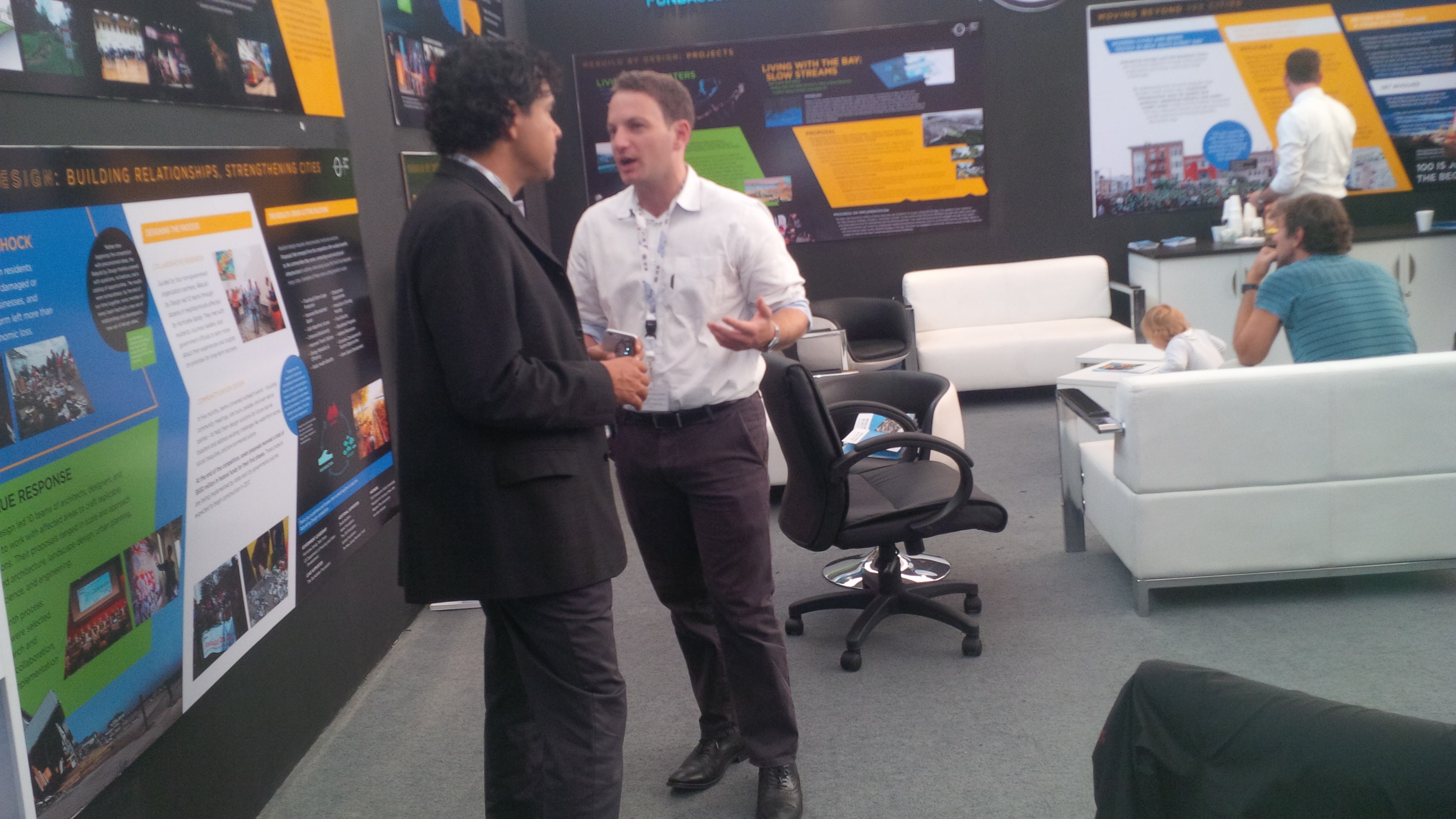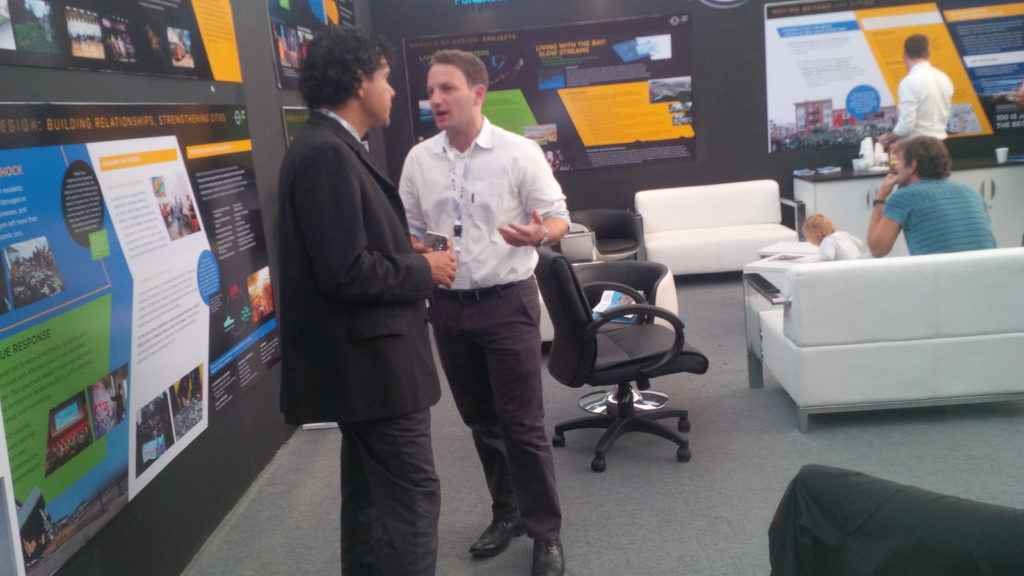By Albert Mwangeka
United Nations Secretary General, Ban Ki-moon has called for a complete overhaul of towns and cities as means of transforming the world.
Speaking during the launch of Habitat III in the Ecuadorian capital of Quito on Monday, Ban said this would be achieved if city leaders embraced the New Urban Agenda that presses for practical methods of solving emerging issues that surround urbanization.
The New Urban Agenda sets new standards moving forward and is designed to re-think how the fast-growing urban population of the world can live more sustainability.
“City leaders, you are faced with the challenge of meeting your people’s demands. These include housing, transportation, infrastructure, education, sanitation and basic services. Cities are remarkable engines of growth, centres of diversity and hubs of creativity that will only get more important,” Ban advised.
“Cities play a major role in sustainable development. Development should not favour one class of people. Cities need to employ strong building codes for inclusive settlement and housing,” Maxwell Young ,the Global Vice President Marketing and Communication ,100 Resilient Cities initiative ,told Talkafrica exclusively during the Habitat III .
He added that this would promote systems which would allow people to reach their places of work at a reasonable time and people would have access to services cities provide.
“A city that is resilient has good leadership which recognizes the challenges the people face, understand how the challenges are interconnected, bring in the people to understand the problems and put forward initiatives that would solve as many obstacles as possible,” Young remarked.
Meanwhile Ban said that expansion of towns and cities in developing nations posed a great challenge because of inadequate planning.
According to the UN 54 per cent of the world’s population lives in urban areas, a proportion that is expected to increase to 66 per cent by 2050.
Projections show that urbanization combined with the overall growth of the world’s population could add another 2.5 billion people to urban populations by 2050, with close to 90 percent of the increase concentrated in Asia and Africa.
“City leaders stand up for the people you represent. Forge strong partnerships to ensure a sustainable future,” Ban concluded.















